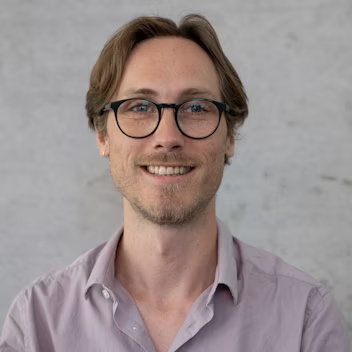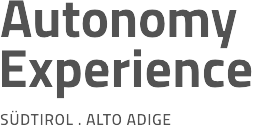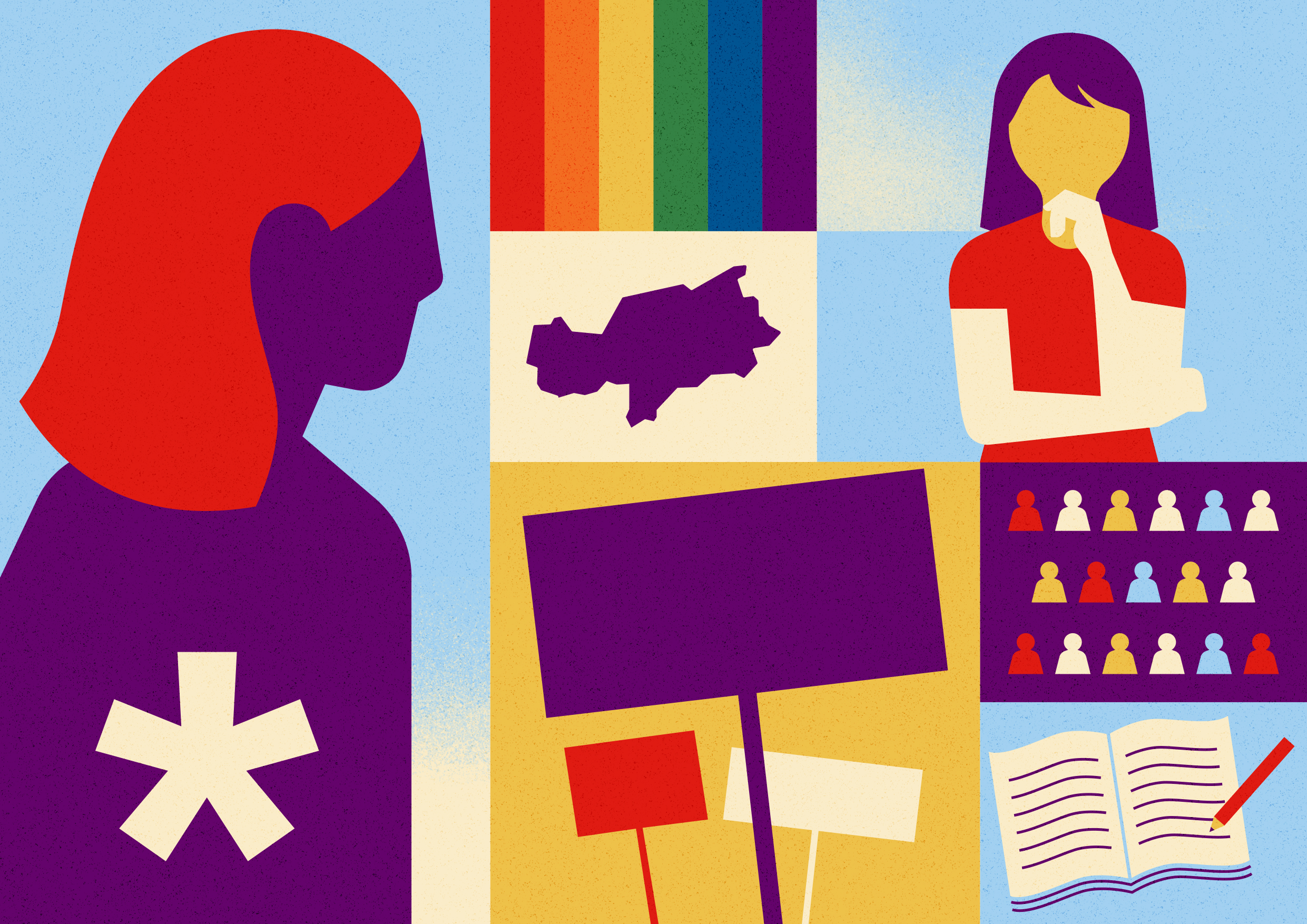By Seán Thomas Cummins
As part of ongoing efforts to explore minority rights across Europe, I had the chance to sit down with two South Tyrolean activists, Kae Sordi and Adele Zambaldi, both of whom are deeply involved in LGBTQ+ activism. Our conversation delved into the historical challenges, current struggles, and future hopes for the queer community in South Tyrol, a region known for its linguistic diversity but where queer visibility remains limited.
A Fragmented History of Queer Visibility
When asked about the historical treatment of queer people in South Tyrol, Adele and Kae emphasized a critical challenge: the lack of visibility and the absence of data. Adele explained that discrimination in South Tyrol, as in much of Italy, has often gone unreported, making it difficult to trace a clear historical picture. Centaurus, South Tyrol’s oldest LGBTQ+ association, has been a cornerstone for queer people since 1993, though it began discreetly, much like many LGBTQ+ groups in the 1990s. The group’s name itself was inspired by motorcycle clubs, originally to avoid being identified as an LGBTQ+ organization.
Kae highlighted how the current low visibility of queer individuals in public life reflects ongoing discrimination. “We don’t often see queer people holding hands in public,” Kae noted, “which shows how deep the discrimination still runs.” While Adele gives context to queer life in rural areas. “Growing up queer in smaller, more isolated communities is extremely difficult. There’s a real lack of visibility—not just in terms of queer identity but even in terms of other minority groups. It’s hard to find recognition or a sense of belonging.” Both agreed that the struggle for visibility extends beyond just legal frameworks—it’s also about social acceptance.
Leaving for Better Prospects
The conversation shifted to the broader Italian political climate and its impact on queer people in South Tyrol. Many, especially within the German-speaking community, have opted to leave the province—and Italy altogether—in search of places where they can more easily build a family and feel freer to live openly as queer individuals. Vienna and Berlin were mentioned as common destinations for those who feel Italy is too restrictive when it comes to LGBTQ+ family rights.
“A lot of people, especially within the German-speaking community, end up leaving South Tyrol—and Italy—because it’s so hard to build a family here as a queer person. Vienna, for example, has become a common destination for those who feel they can’t live openly or have the rights they need in Italy,” Adele told me. “It’s not just migration for economic reasons,” Kae explained, “but also for legal rights. In other European countries, people can build a family, which is still extremely difficult in Italy.”
Language and Queer Identity
South Tyrol’s unique cultural and linguistic identity—being officially a trilingual province with German, Italian, and Ladin speakers—further complicates the experience of being queer. Adele pointed out that the fragmentation of languages has often created barriers within the queer movement itself, making it difficult to form a cohesive, inclusive community. Kae added that bilingualism is often more of a burden than an advantage, as queer movements struggle to unify under one language.
This fragmentation is especially pronounced in smaller towns where traditional values dominate. Growing up queer in these smaller, more isolated communities, where even coming out is often not an option, poses significant challenges for many. “The linguistic and cultural fragmentation of South Tyrol has made it even harder for queer movements to form cohesive, inclusive communities. We’re often divided along language lines, and it creates barriers to real solidarity.” Adele noted.
Small Steps for Visibility
The discussion highlighted some key positive developments, notably the role of Centaurus in offering practical support to the local queer community. Centaurus provides counselling services and even runs one of the few shelters for LGBTQ+ individuals in Italy. Despite these efforts, South Tyrol still lacks a strong, unified movement advocating for broader rights, such as same-sex marriage or adoption, which are still contentious issues in Italy.
Kae expressed concern that even though Centaurus has made progress in Bozen/Bolzano, it is still a small organization, with limited influence in South Tyrol’s more rural areas. Adele mentioned that some topics are not being addressed at all. “We need to talk about family rights. Queer couples still can’t adopt, or access assisted reproduction in Italy, and it feels like we’re constantly being denied the right to form families. It’s a huge issue that needs addressing.”
Current Political and Legal Struggles
When discussing the current legal and social status of LGBTQ+ rights in South Tyrol, Adele pointed to a growing climate of repression. She mentioned that fear of losing financial support from local governments has left LGBTQ+ associations vulnerable. Meanwhile, Fratelli d’Italia, a right-wing party, has actively sought to restrict gender and LGBTQ+ studies, raising concerns among activists.
Both Kae and Adele expressed frustration with South Tyrol’s provincial government, which they see as indifferent to queer issues. They note that as a province with a high degree of autonomy, South Tyrol has the potential to legislate against discrimination—but has yet to do so. “We desperately need a provincial anti-discrimination law—something concrete, simple, and painless that could make a huge difference,” Adele explained, “but we’re facing a lot of political inertia, particularly from parties that don’t want to commit to anything.”
The Role of Local Organizations and Activism
Despite the challenges, local activism is gaining momentum. Pride South Tyrol and Centaurus continue to advocate for queer rights and visibility. Other organizations, like the Jugenddienst and Nëus Jëuni Gherdëina network in the German- and Ladin-speaking communities, are increasingly including LGBTQ+ topics in their activities.
In a more cultural context, Museion, a contemporary art museum in Bozen/Bolzano, has started to feature exhibitions that explore queer themes, contributing to broader public awareness.
Looking Ahead: The Most Urgent Issues
Looking to the future, both activists identified several key areas in need of immediate attention:
- A provincial anti-discrimination law to protect LGBTQ+ individuals.
- Recognition of non-binary identities, something not yet acknowledged by Italian law.
- Family rights, particularly access to adoption and assisted reproduction for queer couples.
Despite these challenges, both Kae and Adele remain optimistic. “Change will come, step by step,” Kae said. “We just need to keep pushing for our rights, even if it feels like a slow process.”
A Positive Outlook
The interview closed on a hopeful note, with Adele and Kae expressing their commitment to building a better future for South Tyrol’s queer community. The recent launch of Pride South Tyrol is a testament to the growing movement, and there’s a sense that things are slowly but surely changing.
“Visibility creates change,” Kae emphasized, “and while we still have a long way to go, every small step counts.”
This conversation stresses the importance of visibility, community, and persistence in the fight for queer rights in South Tyrol. Through the work of activists like Kae and Adele, the province is slowly moving toward a more inclusive future.
Support Pride South Tyrol
Queer Movies will be playing until the end of the year
Check out Centaurus BZ
Progetto You is an initiative for parents of queer youth by Der Weg/La Strada
Support local queer artists and listen to Nina Duschek
About the author

Seán Thomas Cummins is a trainee researcher and writer with particular interests in European Studies, autonomy movements, and social activism. After graduating in Political Science, Italian and German at the University College Dublin, Cummins completed a Master’s degree in European and International Studies at the University of Trento before joining EURAC Research. As well as linguistically diverse societies, he focuses on regional autonomy, minority rights, and LGBTQ+ visibility. His work explores how political, social, and cultural frameworks shape identity and governance, with a particular focus on South Tyrol

